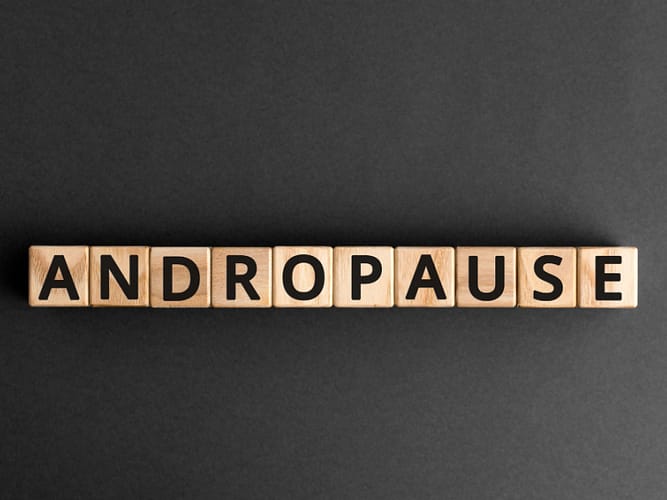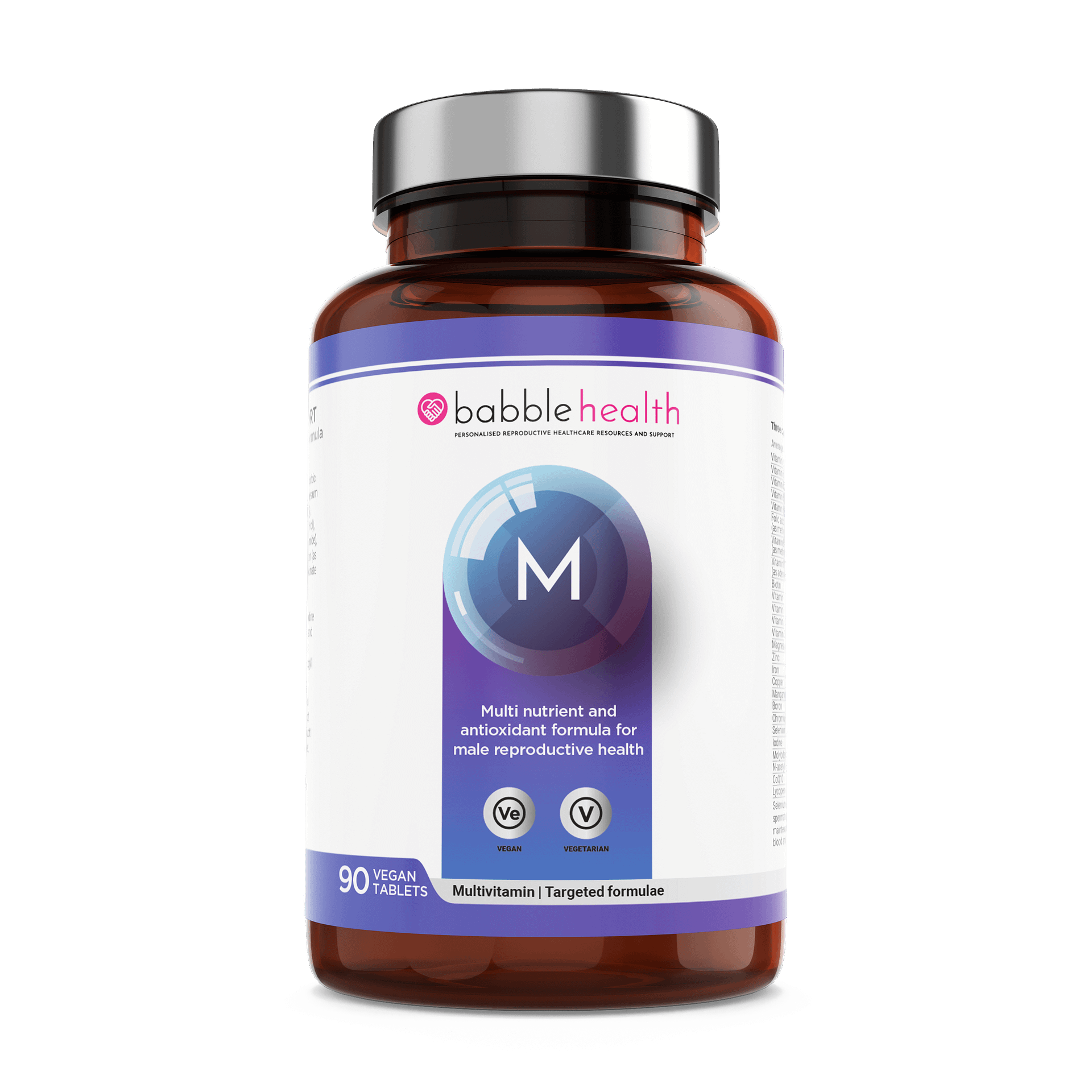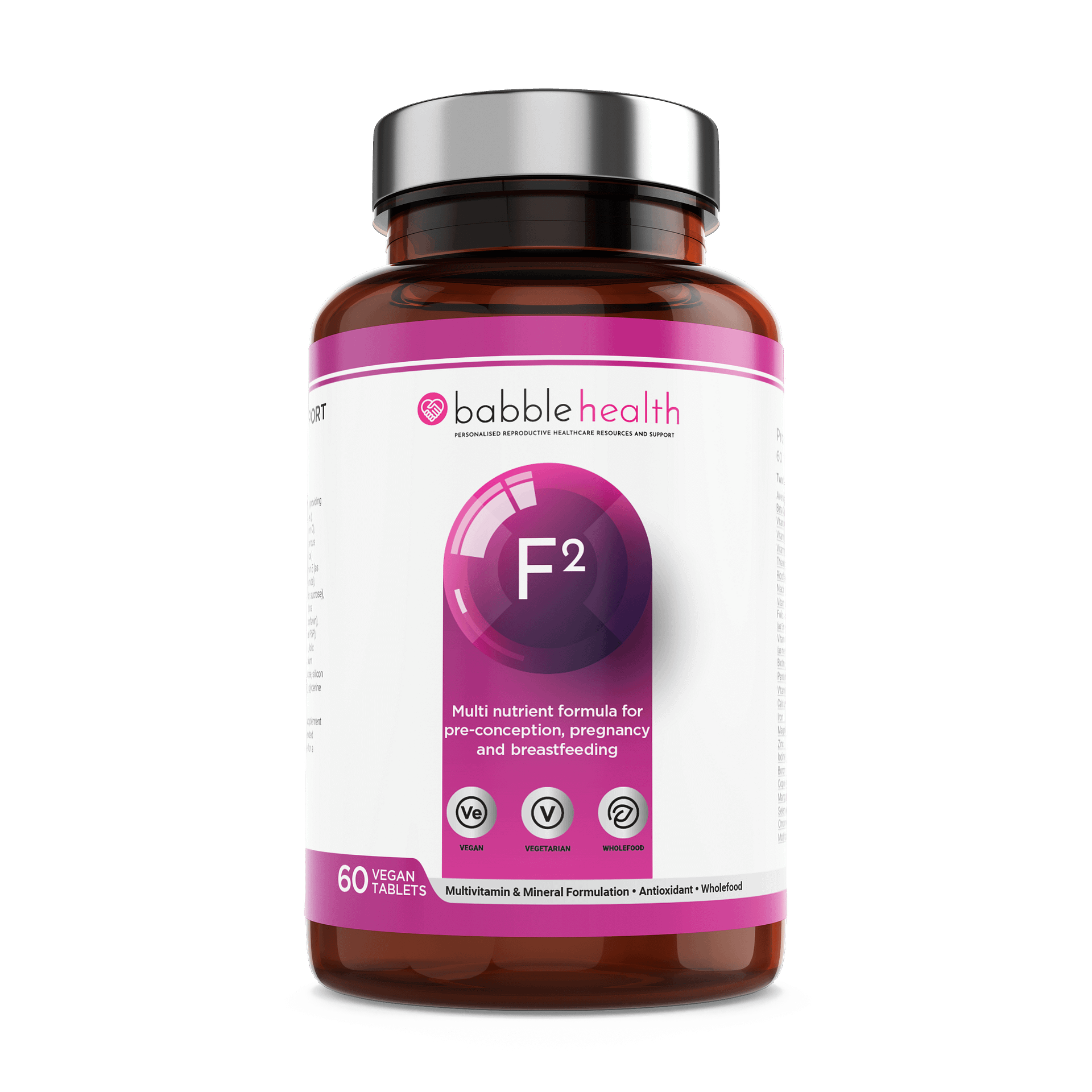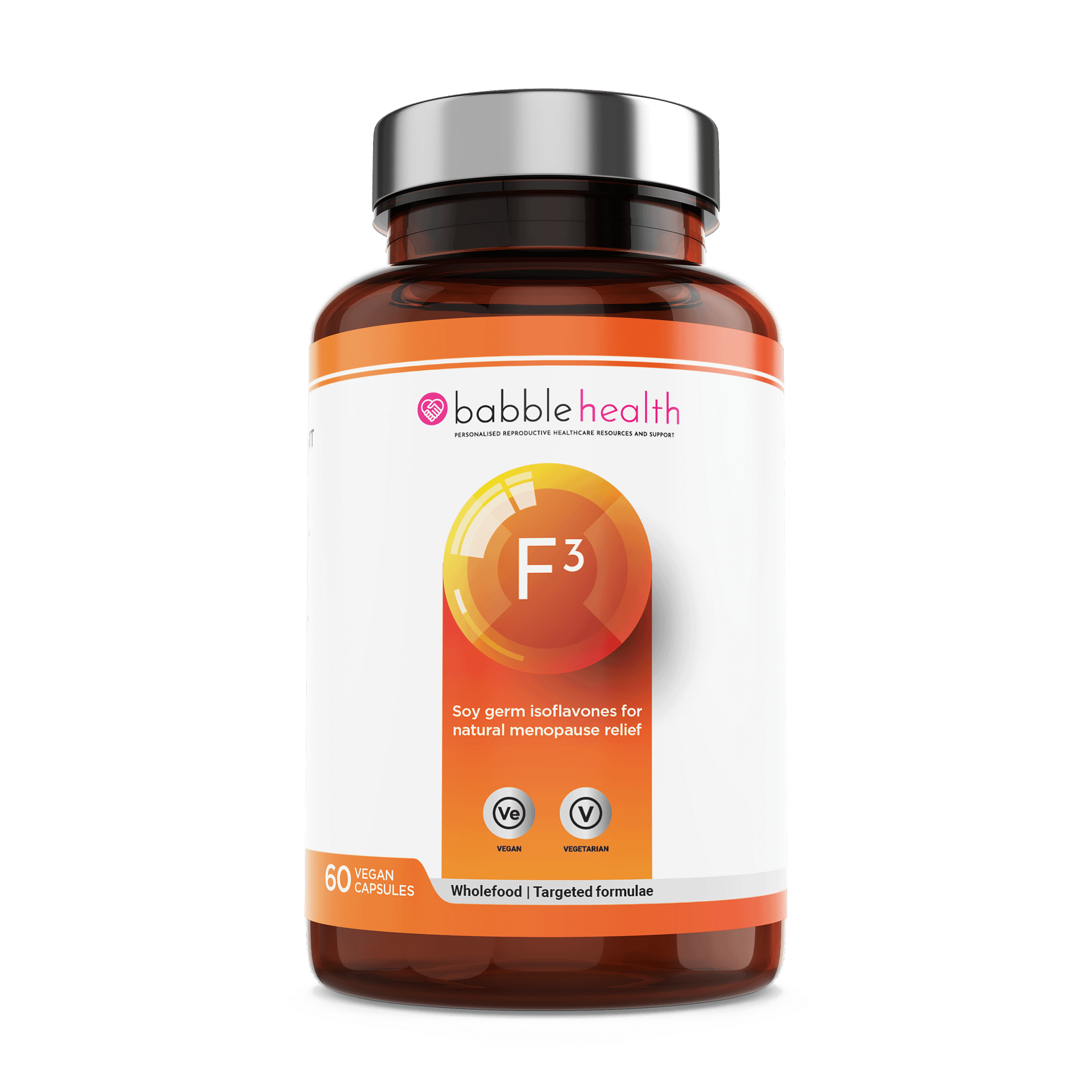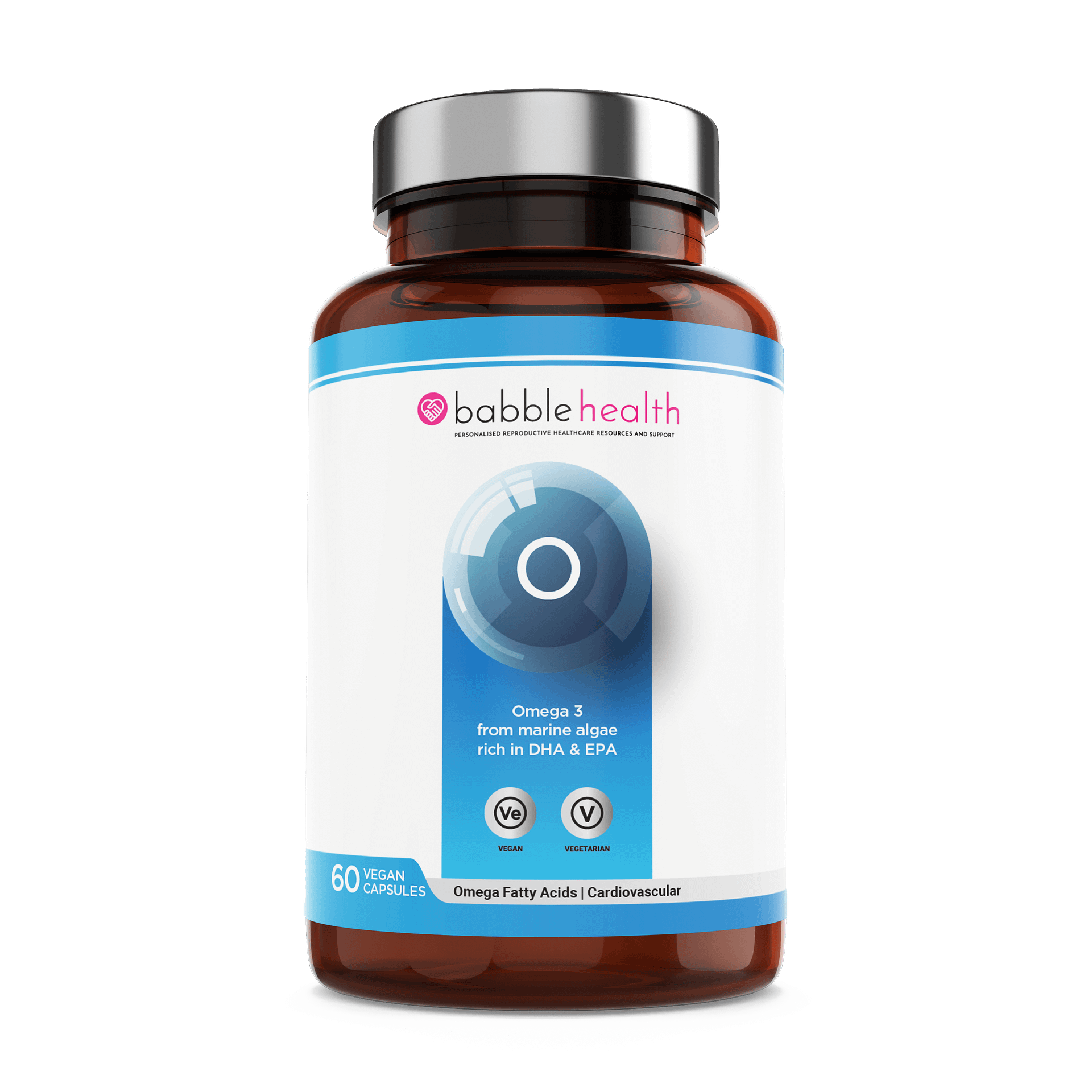Also better known as the andropause, the ‘male menopause’ is the time in a man’s life when his hormone levels begin to change, potentially causing symptoms such as low libido, brain fog and depression.
The andropause is caused primarily by an age related drop in testosterone, the main male sex hormone, and commonly begins to occur from around the age of 50 years old
Testosterone is produced by the testes and is responsible for typically male characteristics such as a muscular body, strength, body and facial hair and even aggression and competitiveness. It’s also responsible for a man’s sex drive, energy levels and mental health. As a man ages, his natural levels of testosterone drop, triggering the start of the andropause.
Symptoms of the andropause include:
- Lethargy and low energy levels
- A drop in motivation
- Feeling low or depressed
- Developing low self-confidence and self-esteem
- Brain fog and finding it hard to concentrate
- Sleep problems including insomnia
- Changes in body composition such as reduced muscle and bone mass and increased body fat
- Weakening muscles and a loss of body strength
- The development of breast tissue – a condition known as gynecomastia or ‘man boobs’
- Erectile dysfunction
- A low libido or ‘sex drive’
- Problems with fertility
- Decreased testicle size
- Loss of body hair
All men are different, and how they experience the andropause will differ
Some men experience no symptoms at all, some will experience a few mild symptoms and others will experience severe symptoms that will affect his quality of life. If you’re experiencing any of the above symptoms and you think they might be to do with the andropause and they’re bothering you, it’s important that you speak to your GP.
Your GP may be able to organise a blood test to test your levels of testosterone, as well as other routine tests to rule out anything else that may be causing your symptoms.
It’s important not to feel embarrassed about talking to your doctor about your symptoms, as this is a perfectly natural time ion your life, and in no way does it demean your masculinity. They may also be able to recommend some natural testosterone boosters, and you may also be eligible for testosterone treatment. Although this is usually a paid for private treatment and can cause certain side effects that your doctor can explain in full.
A healthy lifestyle will help you manage your symptoms
So, aim to eat a balanced diet rich in fruits, vegetables, wholegrains, lean protein and good fats. Avoid smoking and take steps to quit if you do, limit your alcohol consumption and do all you can to reduce your stress levels. Exercise is important too, especially for helping to maintain your weight and manage any mental health struggles you may have.
You’re not alone in this, we have all the help and support you need to help you through your andropause.


